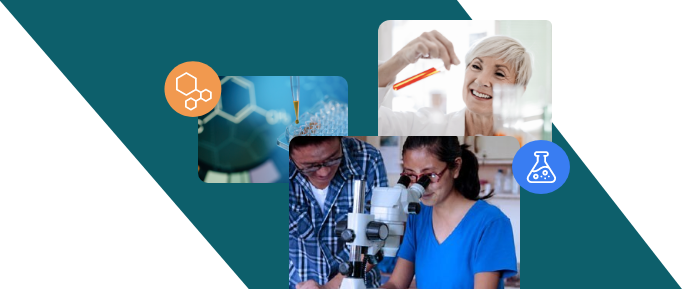
On-demand virtual event
Analytical Chemistry
Biological & Medicinal Chemistry
Sensors for biological measurements could change the way that we currently measure analytes in the body, but the design requirements for implementing these tools in vivo are challenging. Among the obstacles that sensors face include fouling, specificity, and biocompatibility/foreign body response. A variety of sensors, including electrochemical and optical, have progressed significantly to address these challenges. This symposium will highlight sensing technologies that have made major advances in long-term sensing in vivo.
Catch up with this webinar through our on-demand service.
Keep learning. Excel in your career.
Choose from more than 200 courses in seven different categories, taught by experts in the chemistry community, online and in person.
